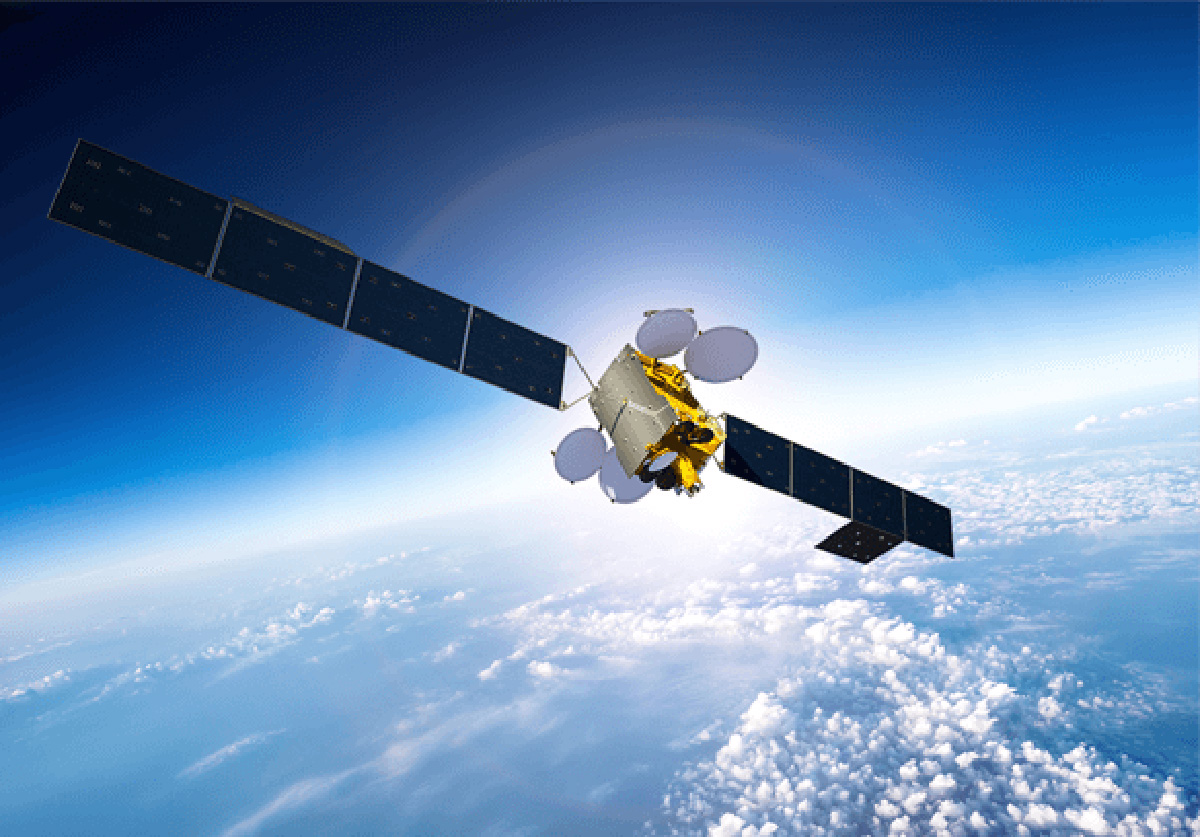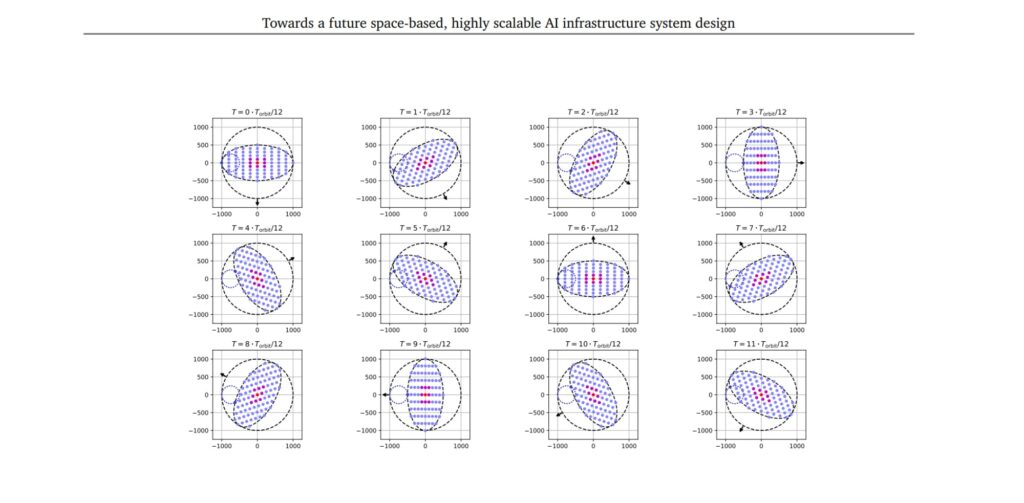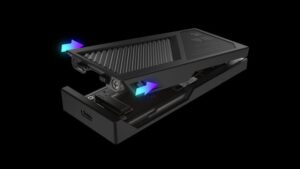Google announced its plans of launching its AI chips into space on solar-powered constellation satellites to create an AI data centre orbiting the planet. It’s called Project Suncatcher and it’s meant to bypass the energy constraints found on Earth by constantly harnessing solar power.
In a blog post, Travis Beals, Senior Director, Paradigms of Intelligence, says that doing this will unlock AI’s full potential. He also states that “in the future, space may be the best place to scale AI compute”.


Google envisions placing its Tensor Processing Units (TPUs) on satellites that orbit Earth. These satellites would have solar panels capable of generating electricity almost continuously, making them up to eight times more productive than similar panels on Earth, according to the company.
To prove that this project is remotely feasible, the tech giant has published a preprint paper detailing the company’s findings and progress. However, The Verge notes that the paper has not undergone any academic peer review at the time of writing.


However, another hurdle for these satellites would be connection. Google writes that, in order to keep up with land-based data centres, satellites require links between other satellites “that support tens of terabits per second”. Guiding the constellation of satellites into a tight formation (within “kilometres or less”) can help achieve that level of connection. The satellites are connected by and will communicate with each other via free-space optical links.
The tech giant needs to make sure its TPUs can tolerate increased radiation in space. Google mentions, via the preprint, that the company has tested its Trillium TPUs for radiation tolerance and can “survive a total ionising dose equivalent to a 5 year mission life without permanent failures.”


Yet the biggest barrier for Google in achieving its data centres in space dream is the cost. The company never mentions how much the project would cost if undertaken now, but the blog notes that launching and operating the centres in space could become more affordable by the mid-2030s.
To help achieve this goal, Google says it will collaborate with Planet Labs PBC. The two companies plan to launch two prototype satellites by 2027 to fully test how the satellites and TPUs perform in space.
(Source: Google [Blog], [Preprint], The Verge, Planet Labs)






